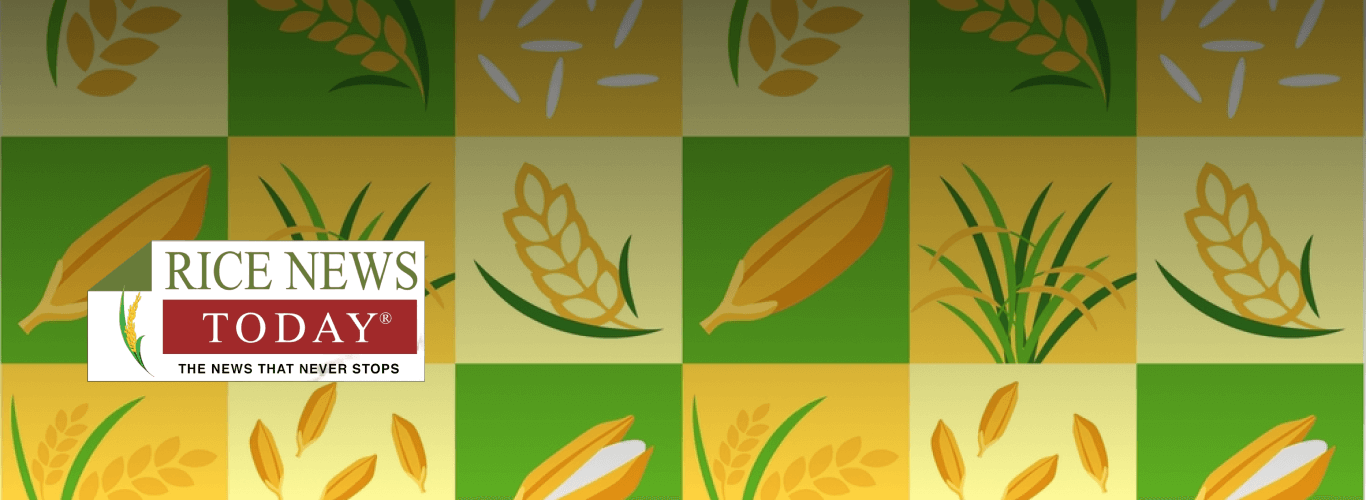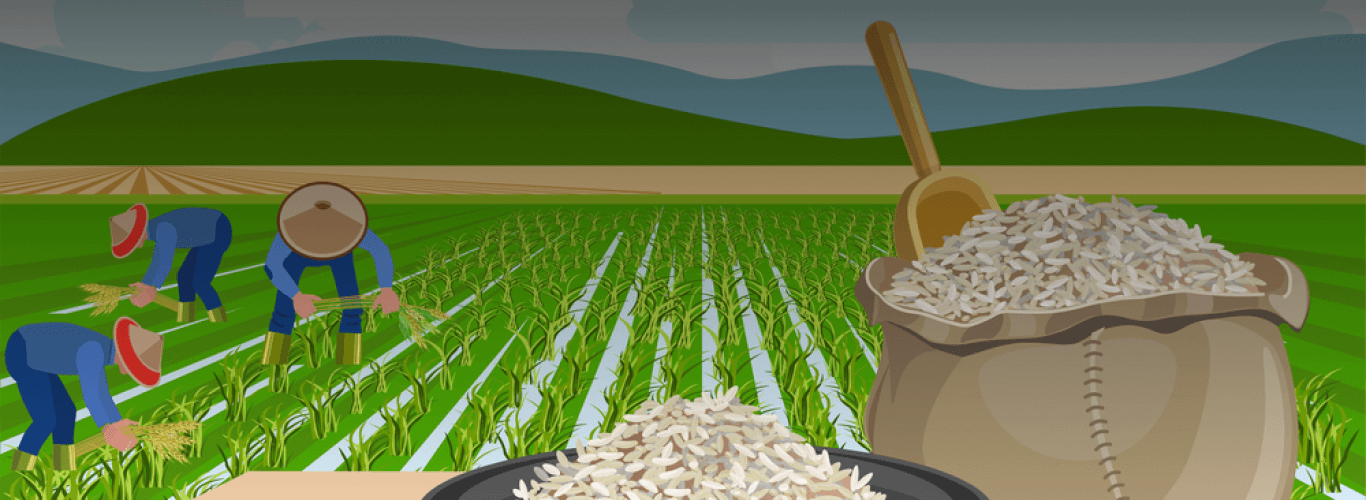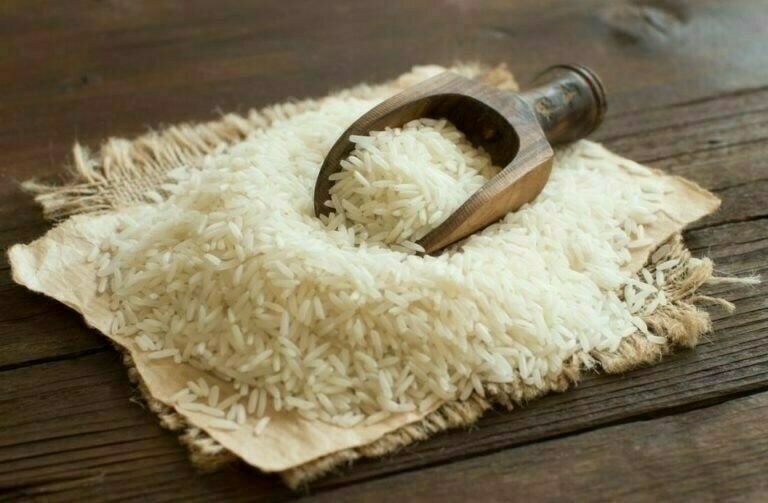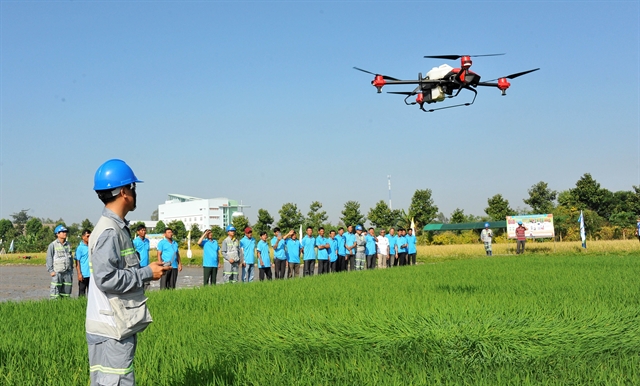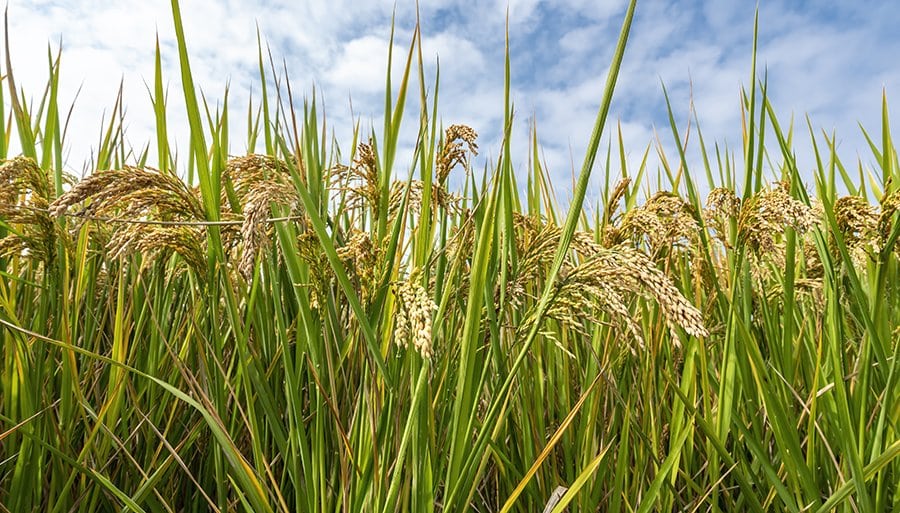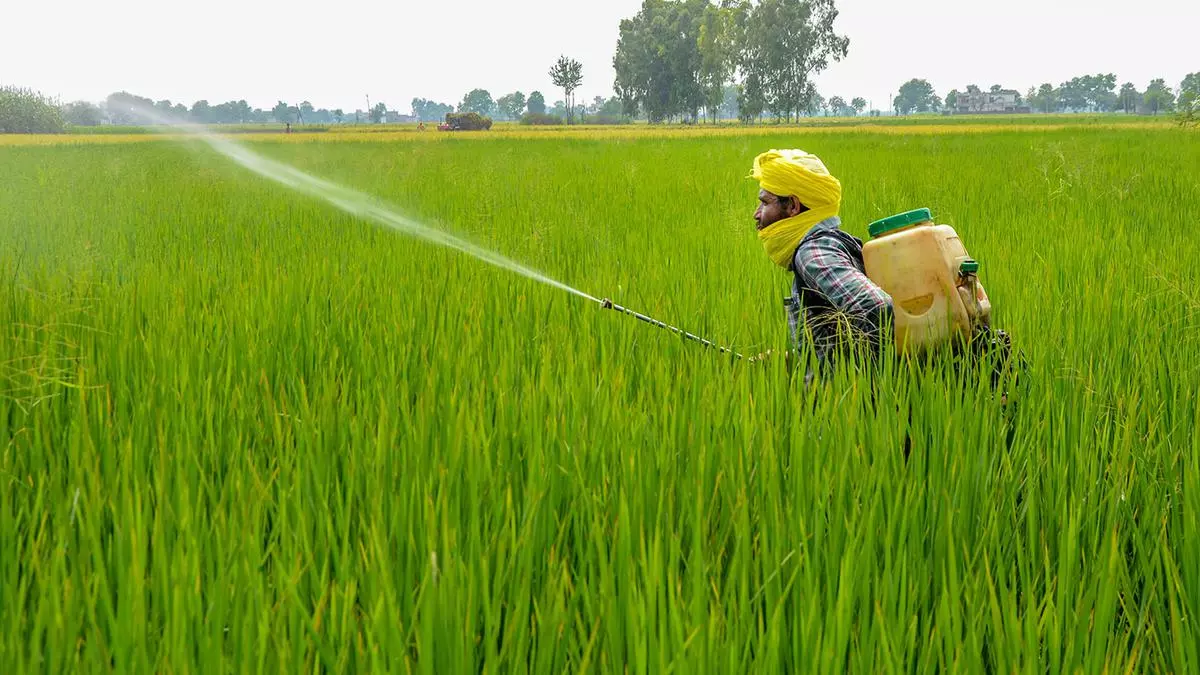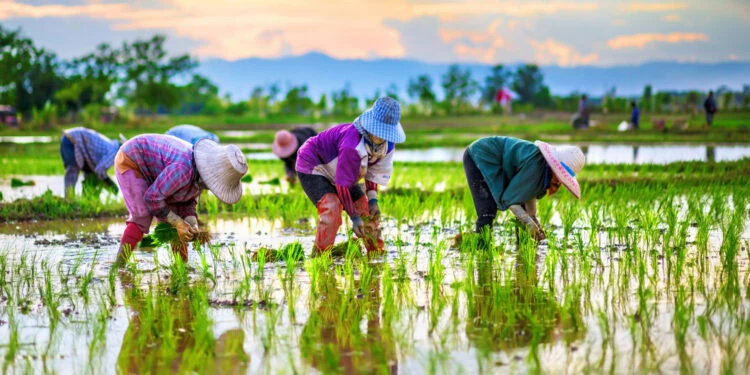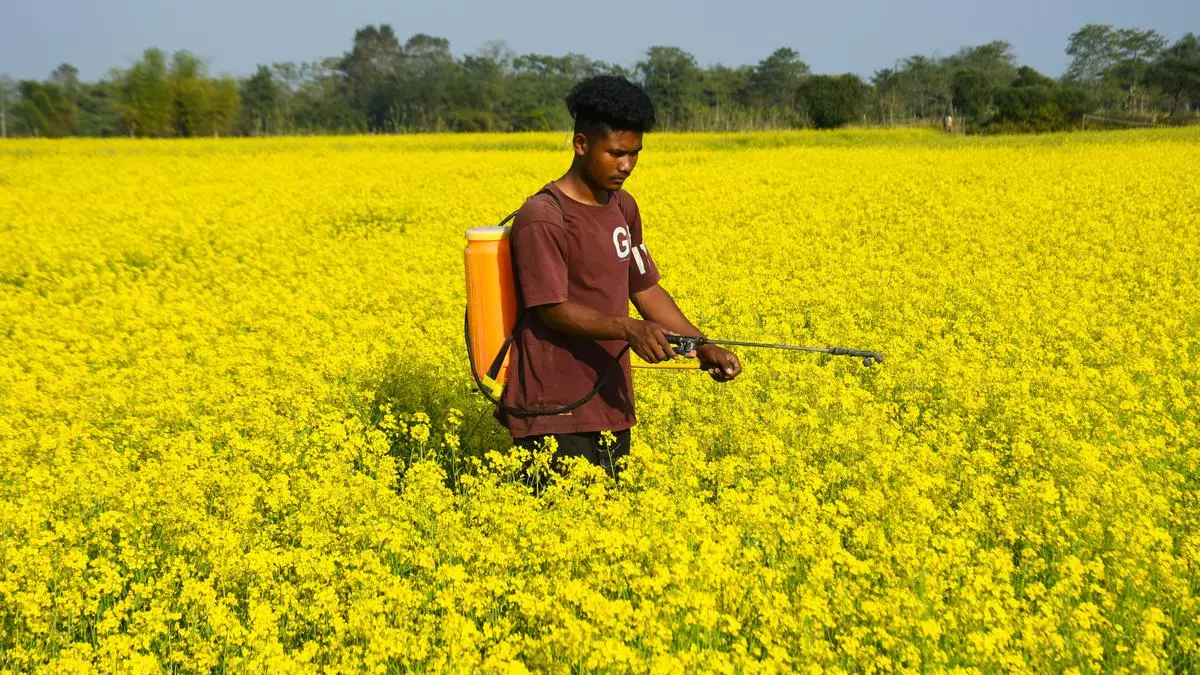Weekly Rice Market
(Indicative Quotes)
Basmati Rice
Basmati Rice | Indicative Quotes | Updated Weekly
Global Market | White Rice
White Rice | Indicative Quotes | Updated Weekly
| Origin | Type of Rice | Variety Name | Broken | Price | Change | High | Low |
|---|---|---|---|---|---|---|---|
| Pakistan | Milled White Rice | Long Grain | 5% | $590 | -1 | $640 | $488 |
| Thailand | Milled White Rice | Long Grain | 5% | $596 | -1 | $669 | $469 |
| U.S | Milled White Rice | Long Grain | 4% | $798 | -1 | $818 | $708 |
| Vietnam | Milled White Rice | Long Grain | 5% | $579 | -1 | $667 | $445 |
News

Paddy rice price d...
The price of paddy rice in Africa’s most populous nation has declined by a third over the past two months after the reopening of the Nigeria-Niger land border, a significant
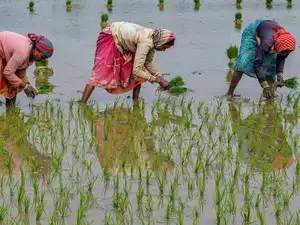
Agri exports fall ...
Synopsis India’s agriculture exports decreased by 8.8% to USD 43.7 billion in 2023-24 due to the Red Sea crisis, Russia-Ukraine war, and domestic restrictions. Basmati rice
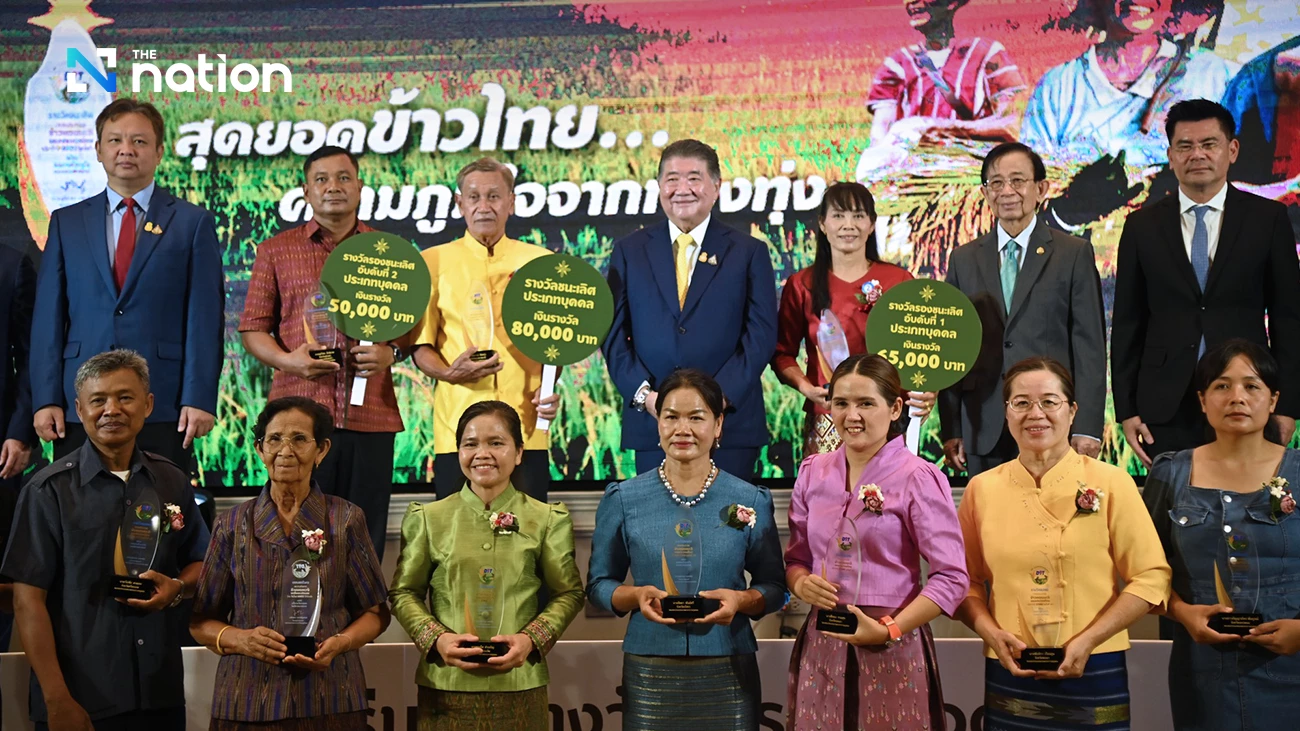
Over 300 tonnes of...
Narong Jantharung, a rice farmer from the Northeast province of Ubon Ratchathani, won this year’s best jasmine rice award at an event hosted by the Department of Internal Trade

Scientist gets enc...
Dr Abed Chowdhury says multi-harvest rice Panchabrihi highly productive Representational image. Photo: Collected Traditionally in rural Bangladesh there has been a farming
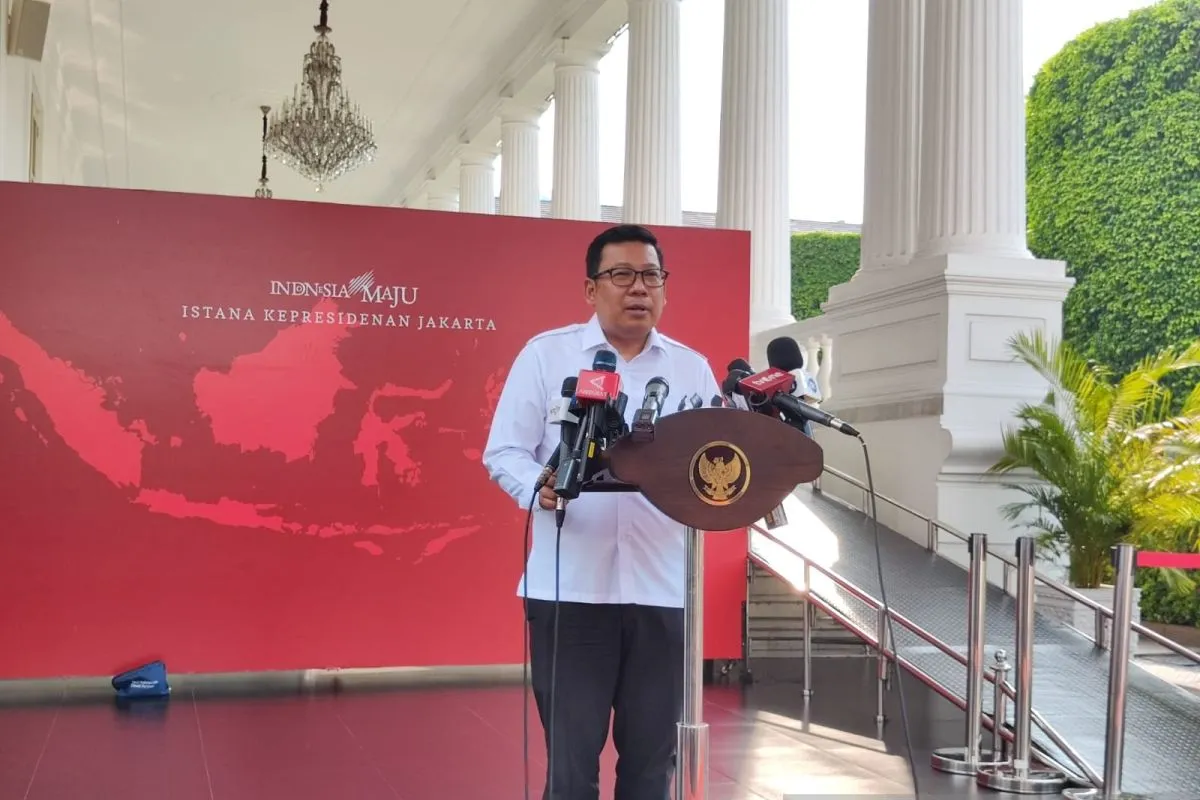
Bapanas extends ri...
Head of the National Food Agency (Bapanas), Arief Prasetyo Adi, addressing a press conference at the Presidential Palace in Jakarta on Wednesday (April 24, 2024). (ANTARA/Mentari
Statistics
EVOLUTION OF BASMATI RICE IMPORTS FROM INDIA AND PAKISTAN TO EU (IN TONNES BROWN/HUSKED) (Last updated on 2nd April 2024)
| COUNTRIES | PAKISTAN | INDIA | TOTAL (2023-24) | PAKISTAN | INDIA | TOTAL (2022-23) |
|---|---|---|---|---|---|---|
| Belgium | 6,900 | 300 | 7,200 | 19,525 | 2,000 | 21,525 |
| Bulgaria | 6 | 0 | 6 | 0 | 0 | 0 |
| Czechia | 0 | 0 | 0 | 25 | 0 | 25 |
| Denmark | 1,899 | 0 | 1,899 | 1,226 | 0 | 1,226 |
| France | 4,360 | 1,400 | 5,760 | 4,925 | 3,703 | 8,628 |
| Germany | 975 | 792 | 1,767 | 950 | 273 | 1,223 |
| Greece | 0 | 0 | 0 | 0 | 0 | 0 |
| Italy | 23,770 | 2,829 | 26,599 | 29,871 | 10,603 | 40,474 |
| Netherlands | 28,342 | 7,642 | 35,984 | 9,168 | 27,639 | 36,807 |
| Poland | 5,600 | 610 | 6,210 | 4,080 | 1,225 | 5,305 |
| Portugal | 2,800 | 2,446 | 5,246 | 4,750 | 827 | 5,577 |
| Romania | 600 | 0 | 600 | 50 | 0 | 50 |
| Spain | 8,061 | 0 | 8,061 | 32,015 | 3,767 | 35,782 |
| Sweden | 0 | 0 | 0 | 0 | 105 | 105 |
| Grand Total | 83,313 | 16,019 | 99,332 | 106,585 | 50,142 | 156,727 |
Sustainable Rice
Farmers place
Forex Rates
Open Market Forex Rates
Updated at:
From | ||
|---|---|---|
To | ||
| Countries | Currency | Spot Rate |
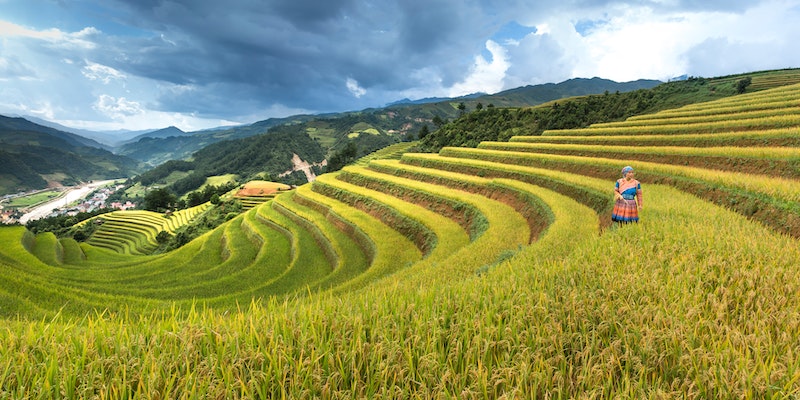
Enjoyed the read?
Join our monthly newsletter for helpful tips on how to run your business smoothly



